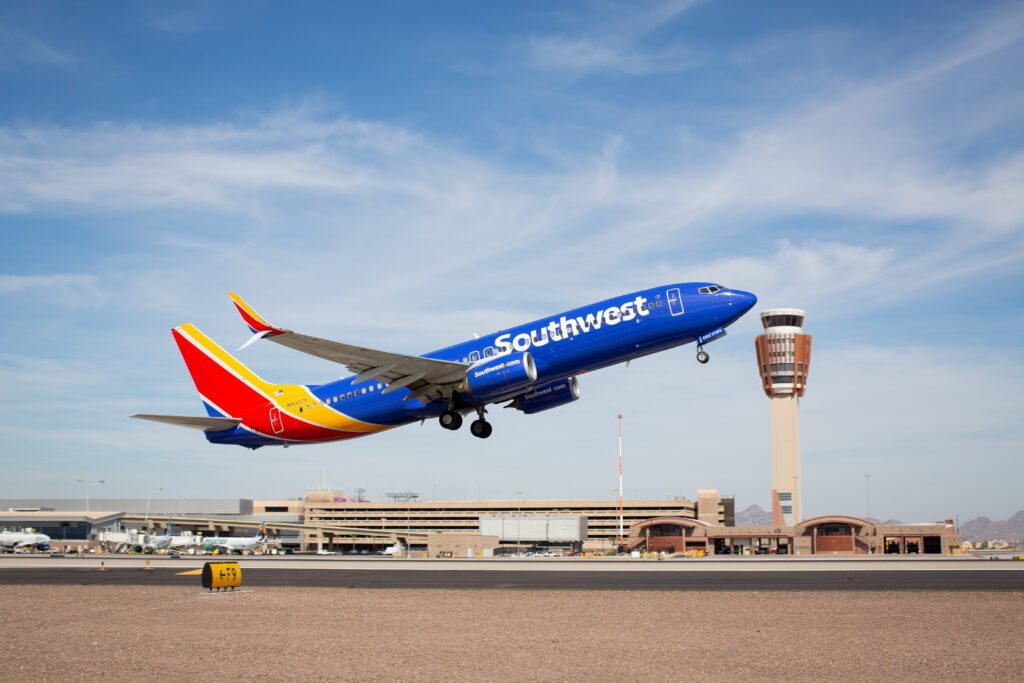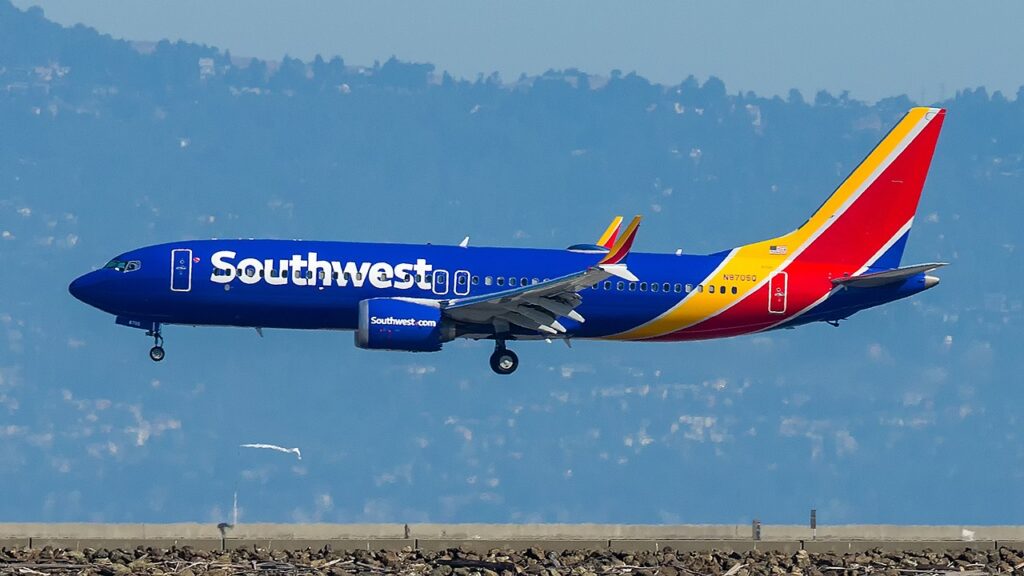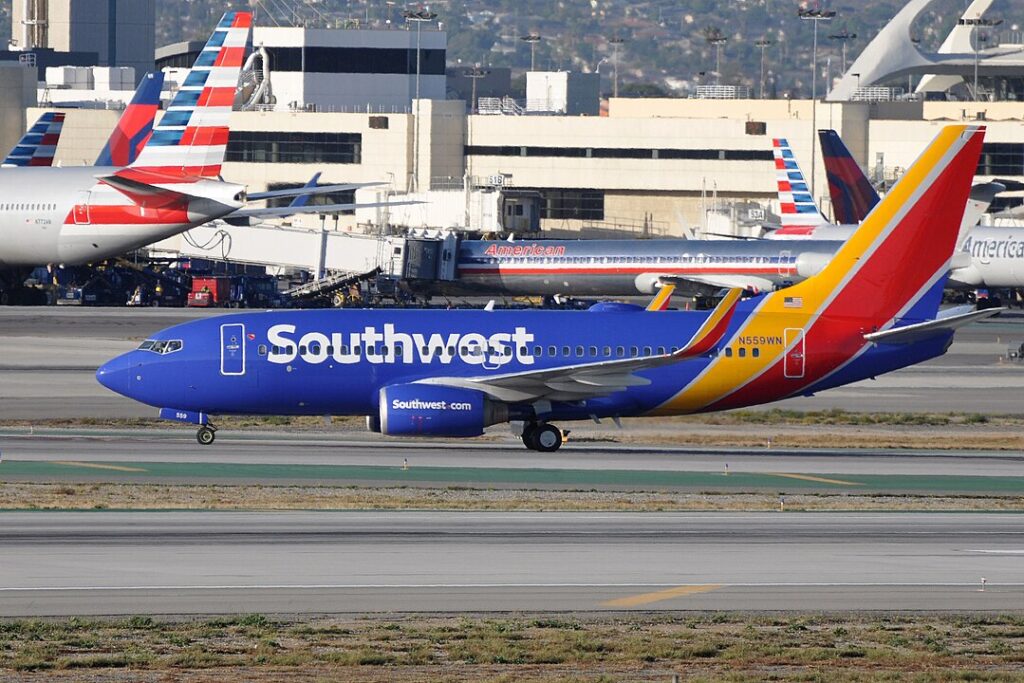DALLAS- The entire procedure of boarding a plane, particularly for passengers in coach or economy class, often appears to be designed in a way that inconveniences travelers.
While each airline may have slight variations in their process, with Southwest being an exception, they generally follow a similar approach.

Southwest Solution for Boarding Issue
Passengers holding higher-priced tickets are typically the first to board, often accompanied by elite members of the loyalty program. On some airlines, families with children may pre-board, either with the initial group or after it.
Although each airline has its own unique procedures, when flying with United (UA), Delta (DL), or American Airlines (AA), passengers in economy class can anticipate a somewhat consistent process. This usually entails no specific order once a group is called for boarding.
As a result, passengers in the later boarding groups tend to gather around the gate, hoping to secure a favorable position in the line when their group is called.
This rush to board the plane is not usually driven by a desire to spend more time in cramped seats but rather to secure access to overhead bin space.

Limited Overhead Bin Space
The last thing airlines want is for passengers to board a plane with a bag that might not fit in the overhead bins. When this occurs, they are compelled to gate-check the bag, which can disrupt the boarding process, especially if the passenger disputes the decision.
Such delays could cause a flight to miss its scheduled departure time. To avoid this, airlines often offer free gate checks before the official boarding process commences.
In some instances, airlines may require passengers boarding toward the end of the line to gate-check any bags that cannot fit under their seats.
This scenario may lead to frustrated passengers who have to gate-check their bags and then discover empty overhead bin space upon boarding.
However, this available space might not be conveniently located near their seats, and airlines aim to prevent passengers from having to navigate the aisle in both directions to access overhead bin space that may have filled up since they passed it.

Smart Solution
Southwest Airlines (WN), even on its older model planes, generally avoids this problem and rarely needs to compel passengers to gate-check their bags. This isn’t a coincidence, as explained by aviation industry expert Gary Leff.
The reason Southwest doesn’t face the same challenges as United, Delta, and American is that it doesn’t charge for checked bags. This results in passengers carrying less luggage on board.
Additionally, this practice helps Southwest to maintain quick boarding and deplaning, reducing time spent on the ground when the planes aren’t generating revenue.
In contrast, American Airlines led the industry in checked bag fees, earning $521 million in 2021, according to data from the U.S. Transportation Administration, followed by Delta with $359 million and United with $341 million.
Southwest only collected $25 million, primarily from passengers who checked more than two bags or exceeded weight limits.
Stay tuned with us. Further, follow us on social media for the latest updates.
Join us on Telegram Group for the Latest Aviation Updates. Subsequently, follow us on Google News.

